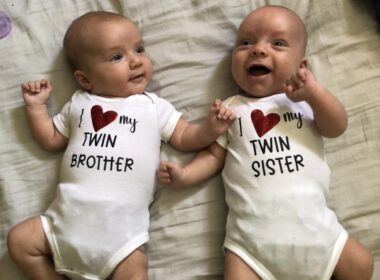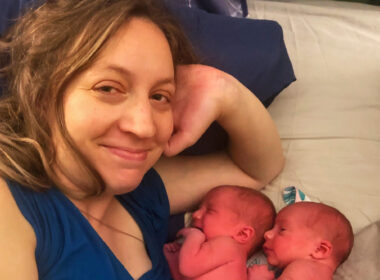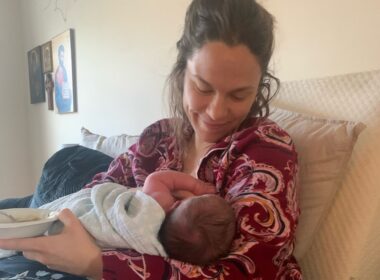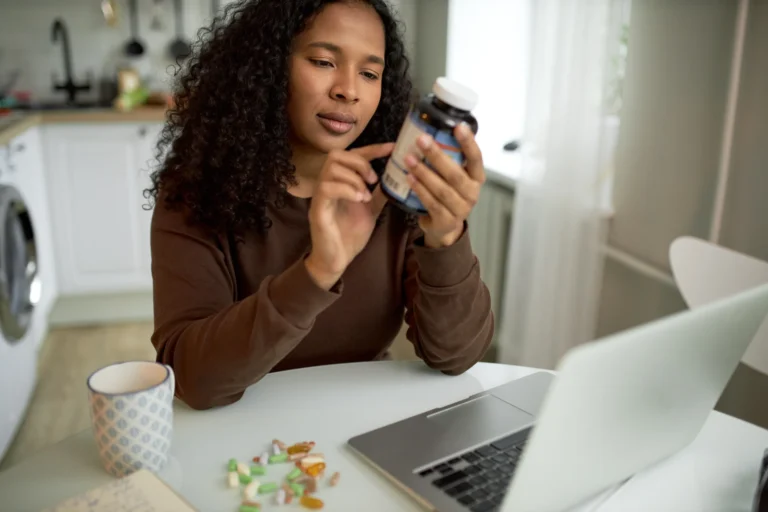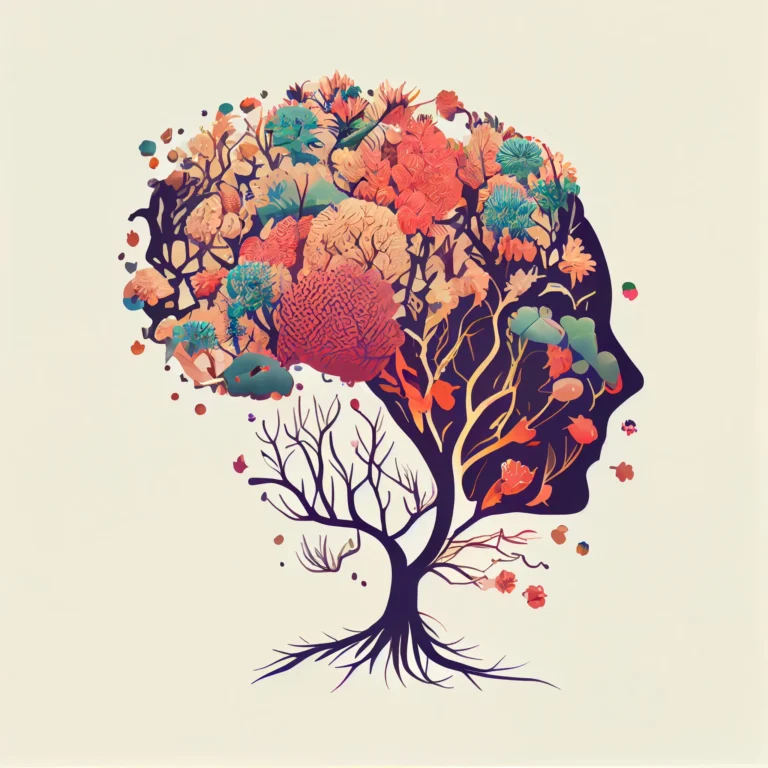If you’re like most women, your monthly cycle is not “average.” Only 5 to 10 percent of us have what many consider an “average” and “regular” 28-day cycle.
Whatever the length of a given cycle (which always begins on the first day of your period), it is composed of several distinct phases. These phases are regulated by hormones, and triggered by your brain. The most important phase of each cycle for family planning purposes is ovulation.
When you ovulate, an egg is released by your ovaries. It’s only when an egg is present that you can get pregnant. If the egg is not fertilized by sperm, it will only live 12-24 hours. Since sperm can live up to 5 days, intercourse within the 5 days leading up to ovulation may result in a pregnancy. That’s why it’s important to know when ovulation is approaching and when it actually occurs.
These fertile days are clearly signaled in a few different ways by your body. Once you learn to recognize these signs, you can know with certainty on any given day whether you could get pregnant or not.
Keep reading to learn more about why ovulation matters, below, and how you can know exactly when you’re fertile by reading the clear signs of your body.
Why ovulation matters
Most birth control methods work mainly by blocking ovulation through the use of synthetic hormones. These methods include:
- The Pill
- Vaginal rings (Nuvaring®)
- The skin patch
- Implants
- Shots (Depo-Provera®)
- Hormonal IUD (Mirena®)
Your ovulation is a healthy and normal process, not an illness to be cured or suppressed with drugs. Blocking ovulation produces effects that go far beyond just preventing pregnancy. Studies show how it impacts you, your health, and your relationships.
For more on understanding your menstrual cycle, see the articles below.
-

What we can learn from 600,000 menstrual cycles’ worth of health data
By Kristen Curran • May 23, 2024And how age affects cycle length -

Menstrual cycle tracking can help teen girls with Type 1 diabetes better manage their insulin. Here’s how.
By Christina Valenzuela • February 22, 2024Cycle charting isn’t just for family planning. -

Do female athletes perform worse during their periods?: How the menstrual cycle impacts athletic performance
By Madison Ayers • January 4, 2024What the research says -

Reasons Women Need Periods: The Role of the Menstrual Cycle in Preparing the Uterus for Pregnancy
By Clare Sharp • October 12, 2023Even before you start trying to conceive -

“The menstrual cycle is a vital sign of your health:” A women’s health NP explains why every pre-teen girl needs to learn about her cycle
By Anne Marie Williams, RN, BSN • December 8, 2022Back in August 2022, we reviewed The Happy Girl’s Guide to Being Whole: What You Never Knew about… -
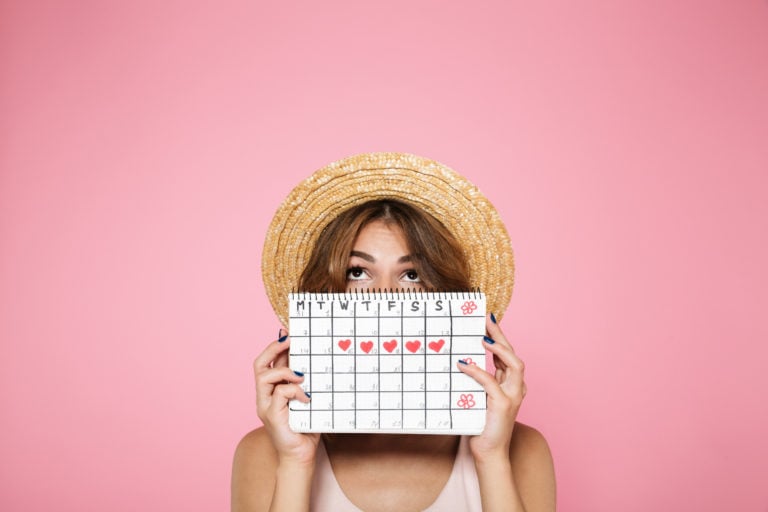
FAM Basics: What can charting your menstrual cycle tell you about your hormonal health?
By Cassondra Moriarty • June 10, 2022Over and over again at Natural Womanhood we’ve emphasized how charting your cycles gives you a vital window… -
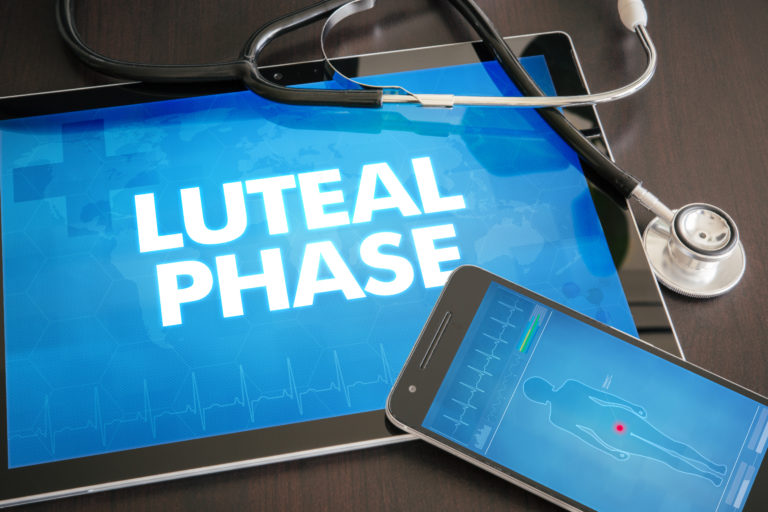
FAM Basics: What is the luteal phase of the menstrual cycle?
By Taryn DeLong • March 25, 2022In a recent installment of our “FAM Basics” series, we discussed the hormone progesterone, the “yin” to estrogen’s…

